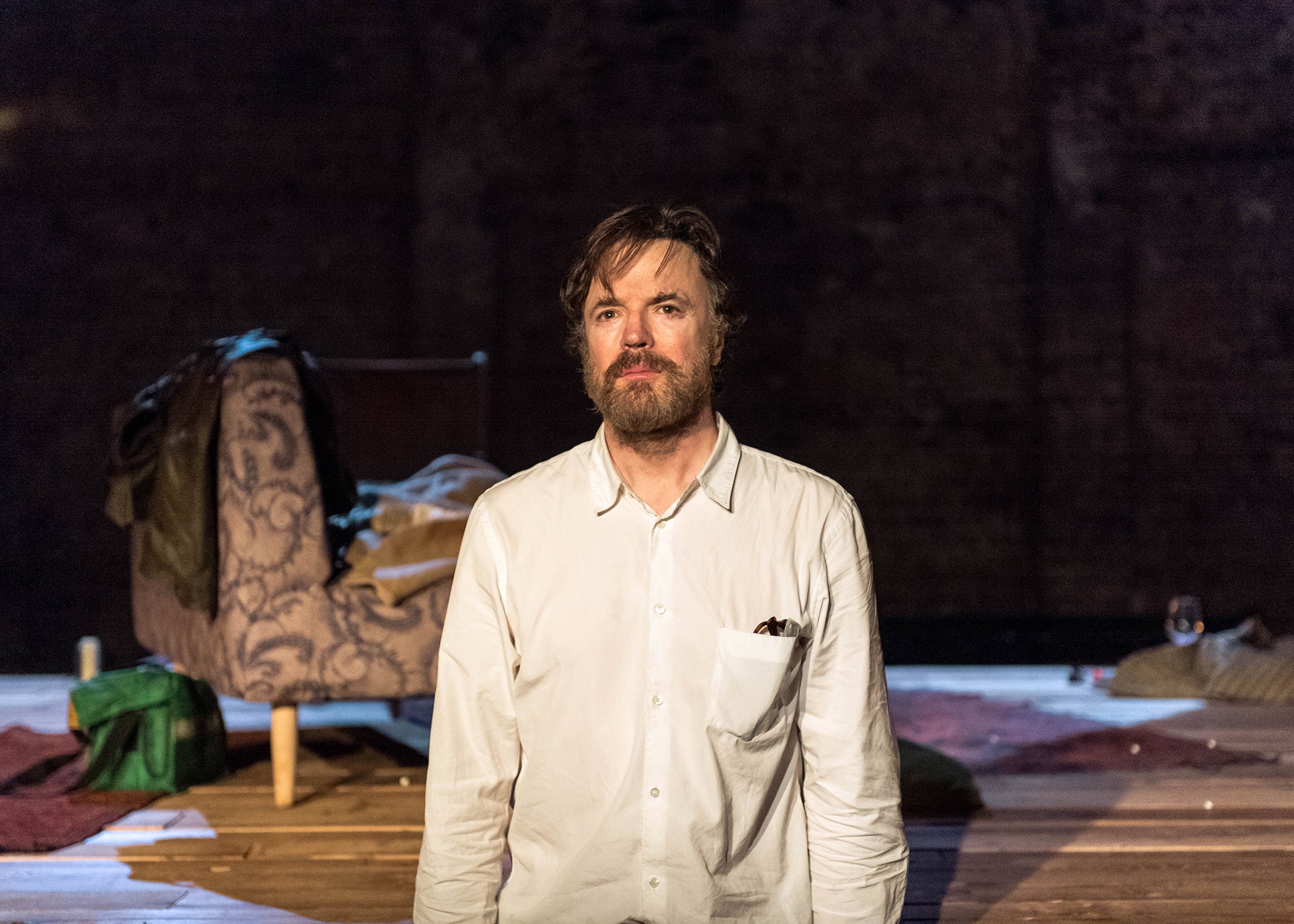Uncle Vanya, The Almeida, theatre review: As clear and fresh as a draught of water
However, unlike Icke’s previous work, Uncle Vanya doesn’t startle

The most surprising thing about this Uncle Vanya is that it’s not that surprising. When it was announced that Robert Icke – who adapted and directed last year’s modern, gut-punching Oresteia – was repeating the trick with Chekhov, I expected something… strange. This, line-by-line, is incredibly faithful to the text, and although modern-set, unshowy. What it does have, however, is real clarity of thought and depth of characterisation, confirming Icke as a majorly talented adaptor, and a director who keeps histrionics in check. As the ruminative doctor points out: “I used to think strange was the exception, and now I think it’s the basic human condition.”
Chekhov shares his attention across the cast of bored, irritated, ennui-laden lovers languishing on a country estate. Which is the motor, so to speak, behind a stage revolve – Hildegard Bechtler’s raised wooden decking slowly turns, only halting for moments of high-drama or when characters jump down to address the audience. It democratises the viewing: you see all characters, from all angles. You also, thanks to four hefty wooden pillars, are frequently thwarted from seeing anything at all – injecting the audience with the frustration the characters experience, might be the charitable interpretation. Or it might just be annoying.
Still, Icke can cast a magic spell over theatre-goers: this Uncle Vanya is three and a half hours long, and often slow-paced and static. But even as the characters moan about the tedium, it never feels tedious. Three short sharp intervals help, acting as little palate cleansers.
Icke’s biggest interference is to anglicise the Russian names: here’s Johnny, not Vanya. Which is fine, though hardly revelatory – except in the translation of Vera, the dead ex-wife and sister who subtly haunts the play: in English, she’s Faith. Something these troubled character seem to have lost, since they lost her. Johnny’s grief for his dead sister here visibly contributes to his rage at her professor husband, who Johnny feels he’s wasted his life supporting.
Paul Rhys treads the tragi-comic knife edge of Johnny – queasy creepiness, trembling neediness, thwarted nobility – while his niece, the lovelorn Sonya, is played with tenderness by Jessica Brown Findlay. Underneath her clenched awkwardness and greasy, schlumpy make-under (she almost looks “plain”), there’s a shining river of longing.
Vanessa Kirby is languorous and radiant as the professor’s young wife Elena must be, but we also see the fear and guilty conscience beneath her purposeless beauty and privileged boredom. Tobias Menzies plays the doctor - object of Elena and Sonya’s affections. It’s a fine-grained performance, a conflicted, charismatic combination of amused wry cynicism, and heart-felt conviction about the need to preserve the natural world. As planter of trees and saver of lives, the doctor is the only one who actually (itals)does anything, who creates rather than destroys. It’s hot - more proto-lumbersexual than worthy eco-warrior – and his scenes with Kirby sizzle dangerously.
Unlike Icke’s previous work, Uncle Vanya doesn’t startle. What it does do is clarify the play: it’s clear and fresh as a draught of water, revealing life and human frailty with pellucid perspicacity. Drink deep.
Subscribe to Independent Premium to bookmark this article
Want to bookmark your favourite articles and stories to read or reference later? Start your Independent Premium subscription today.

Join our commenting forum
Join thought-provoking conversations, follow other Independent readers and see their replies